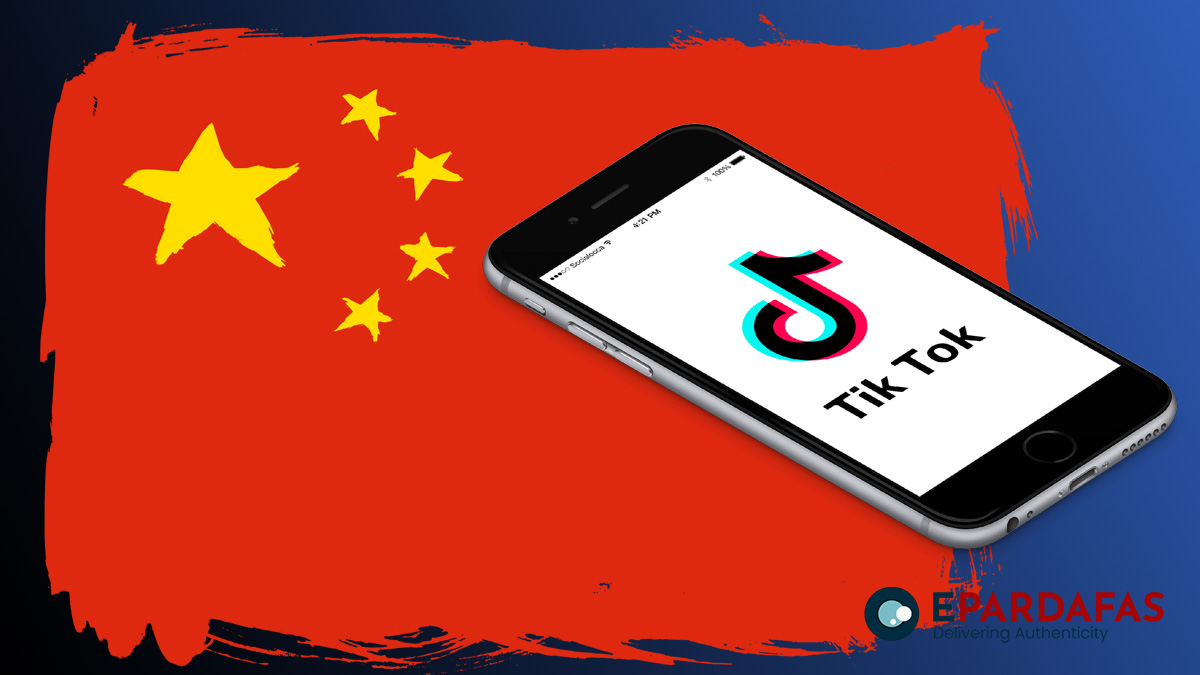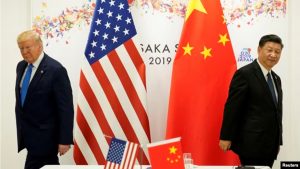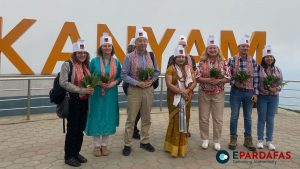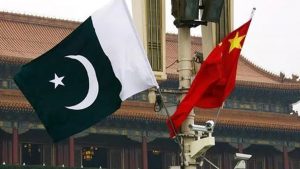
Government Lifts TikTok Ban with Conditions Amid Global Controversies and Security Concerns
The Nepalese government has officially decided to lift the ban on TikTok, the popular social media platform, albeit under strict conditions. This decision, announced following a Council of Ministers meeting on Thursday, marks a significant policy shift after TikTok was banned in November 2023. The ban was initially imposed due to concerns that the app was contributing to social ills and disrupting public order.
Policy Shift and Legal Framework
Minister for Communications and Information Technology, Prithvi Subba Gurung, confirmed the government’s decision, stating that it aligns with Prime Minister KP Sharma Oli’s directive to treat all social networking sites equally and to establish a comprehensive legal framework governing their use. The Ministry of Communications and Information Technology had been working on a proposal to this effect, aiming to regulate social media platforms while ensuring they operate under a uniform set of rules.
The conditions attached to the reauthorization of TikTok are expected to include enhanced oversight and specific regulations designed to curb the spread of harmful content, protect user privacy, and ensure that the platform is not misused to destabilize society. This regulatory approach reflects a growing trend among governments worldwide to balance the benefits of social media with the need to protect national interests and public welfare.
TikTok’s Global Controversies and Security Concerns
Nepal’s cautious approach to TikTok is not unique; the platform has been at the center of global controversies, particularly regarding privacy, security, and its alleged role in promoting propaganda. A recent report by the Network Contagion Research Institute (NCRI) in New Jersey has added to these concerns by revealing how TikTok’s algorithms may be influencing user perceptions in favor of the Chinese Communist Party (CCP).
The 32-page NCRI report, titled “The CCP’s Digital Charm Offensive: How TikTok’s Search Algorithm and Pro-China Influence Networks Indoctrinate GenZ Users in the United States,” details how TikTok allegedly amplifies pro-CCP content while suppressing critical narratives. This finding has raised alarms about the platform’s potential to shape geopolitical perceptions, particularly among younger users in the United States, who are increasingly turning to TikTok as their primary source of news and information.
Content Moderation and Algorithmic Bias
The NCRI report highlights several case studies that illustrate how TikTok’s search algorithms favor content aligned with pro-China views. For example, searches for politically sensitive terms such as “Tiananmen,” “Tibet,” and “Uyghur” on TikTok yield significantly more pro-China content compared to other platforms like Instagram and YouTube. The report suggests that TikTok’s content moderation practices, combined with algorithmic bias, contribute to this discrepancy, raising concerns about the platform’s role in shaping user opinions.
Legal Challenges in the United States
TikTok’s challenges extend beyond content moderation; the platform is also facing significant legal hurdles in the United States. On Friday, the U.S. Department of Justice filed a lawsuit against TikTok and its parent company ByteDance, alleging violations of the Children’s Online Privacy Protection Act (COPPA). The lawsuit claims that TikTok failed to obtain parental consent before collecting personal information from users under the age of 13, a violation that could lead to severe penalties.
This lawsuit is part of a broader crackdown on TikTok by the Biden administration, which has expressed concerns about the app’s potential to compromise national security. The U.S. government has already enacted legislation requiring ByteDance to divest TikTok’s U.S. assets by January 2024 or face a nationwide ban. The move reflects bipartisan fears in Washington that the Chinese government could leverage TikTok to access U.S. user data or influence public opinion by controlling the content that is shared on the platform.
Global Response to TikTok
Nepal’s decision to lift the TikTok ban comes amid a wave of similar actions by other countries, where concerns over privacy and security have led to partial or total bans on the app. For instance, India has permanently banned TikTok and other Chinese apps, while countries like the United States, Australia, and several European nations have imposed restrictions on the app, particularly on government-issued devices.
In many cases, these bans are driven by fears that TikTok could be used as a tool for espionage or propaganda by the Chinese government. Despite TikTok’s repeated assurances that it does not share user data with Beijing, skepticism remains high, leading to a patchwork of restrictions across the globe.
As Nepal reopens access to TikTok under strict conditions, it joins a global debate about the role of social media platforms in modern society. While TikTok’s return may be welcomed by its users in Nepal, the government’s cautious approach underscores the complex challenges that arise when balancing technological innovation with national security and social stability. The ongoing controversies surrounding TikTok highlight the need for robust legal frameworks to govern the use of social media, ensuring that such platforms contribute positively to society while safeguarding against their potential misuse.













Comments